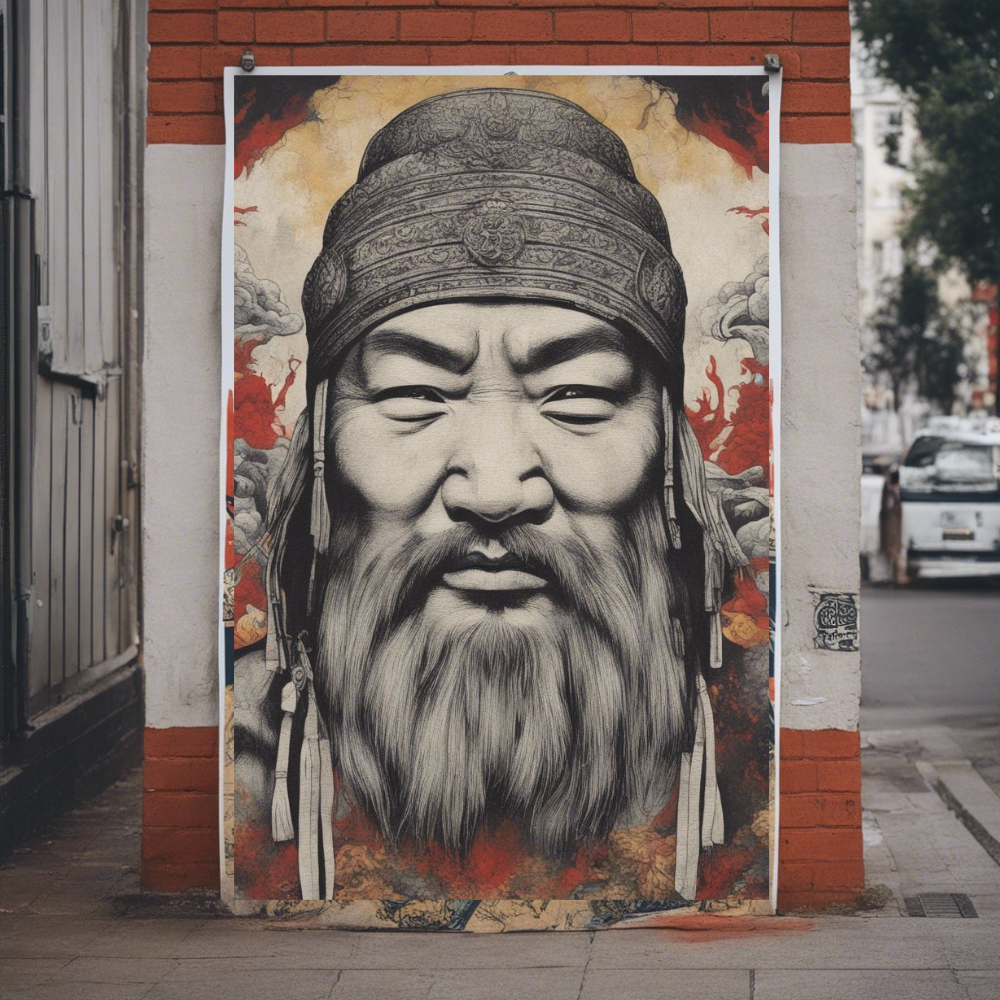Your cart is currently empty!
The Empire of Kublai Khan

Summary
The Empire of Kublai Khan, founded by Kublai Khan, the grandson of Genghis Khan, existed in the 13th and 14th centuries. It encompassed the Yuan dynasty in China and expanded to cover vast territories, including present-day China, Mongolia, Russia, Central Asia, and parts of Iran and Iraq. Kublai Khan’s rule led to the unification of China under Mongol control, with the capital moved to Dadu (modern-day Beijing). The empire was culturally diverse, fostering a cultural revival, trade, and commerce, especially along the Silk Road. Despite its historical significance, the empire declined and fell in 1368 due to economic, political, and social challenges.
Facts
Kublai Khan, grandson of Genghis Khan, founded the Empire of Kublai Khan.
The empire included the Yuan dynasty in China.
Kublai Khan successfully unified China under Mongol rule.
Dadu, later Beijing, became the capital of the empire.
The empire extended from China and Mongolia to Russia, Central Asia, Iran, and Iraq.
It was culturally diverse, with various ethnic groups, including Chinese, Mongol, Turkic, and Persian people.
Kublai Khan supported the arts, leading to a cultural revival during his reign.
Trade and commerce were promoted, particularly along the Silk Road.
The empire played a significant role in connecting different civilizations through the Silk Road.
The Empire of Kublai Khan was one of the largest and most powerful empires in history.
It eventually declined and fell in 1368 due to economic, political, and social problems.
Despite its fall, the empire’s legacy influenced Chinese culture and history.
The empire played a crucial role in the development of the Silk Road.
by
Tags: